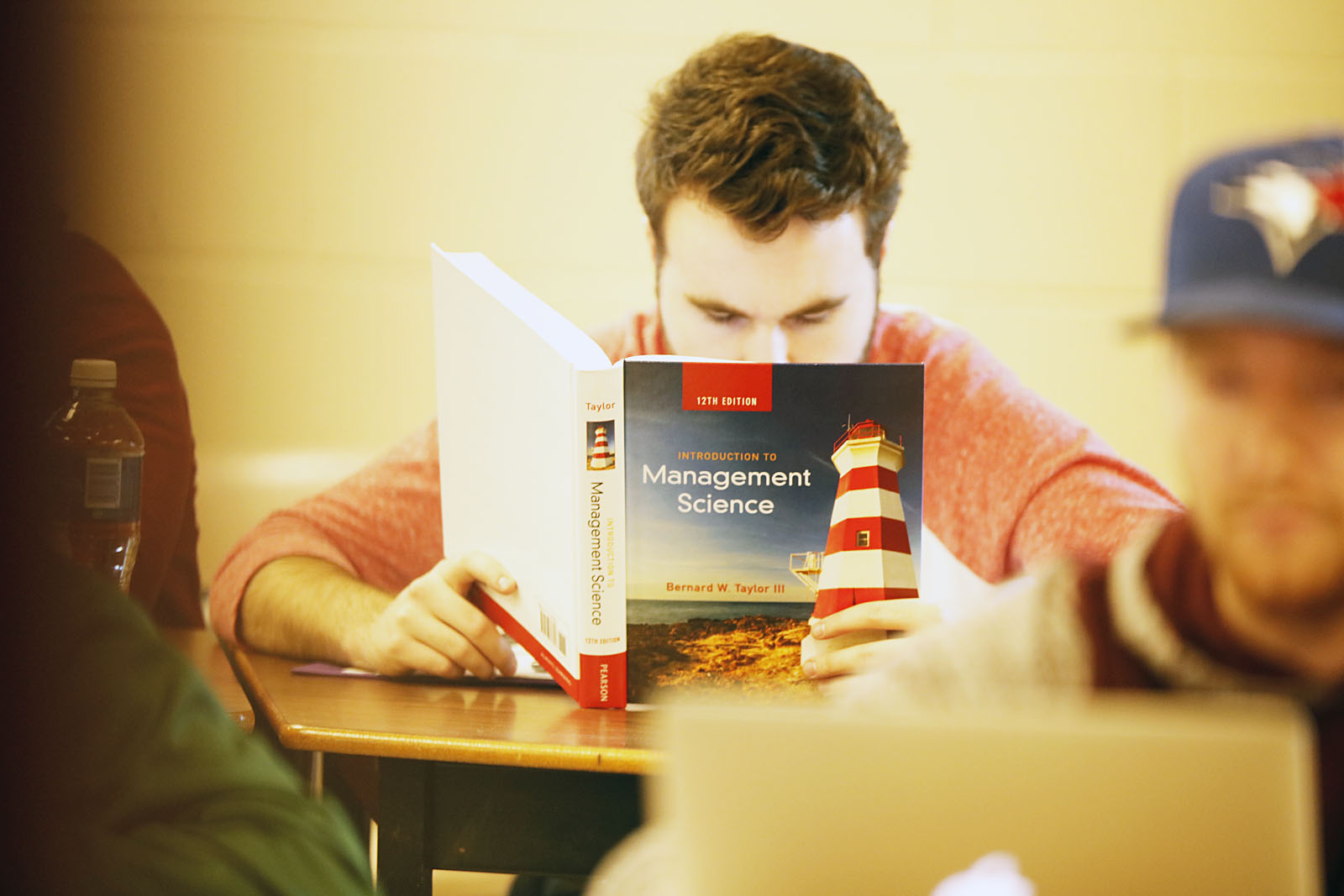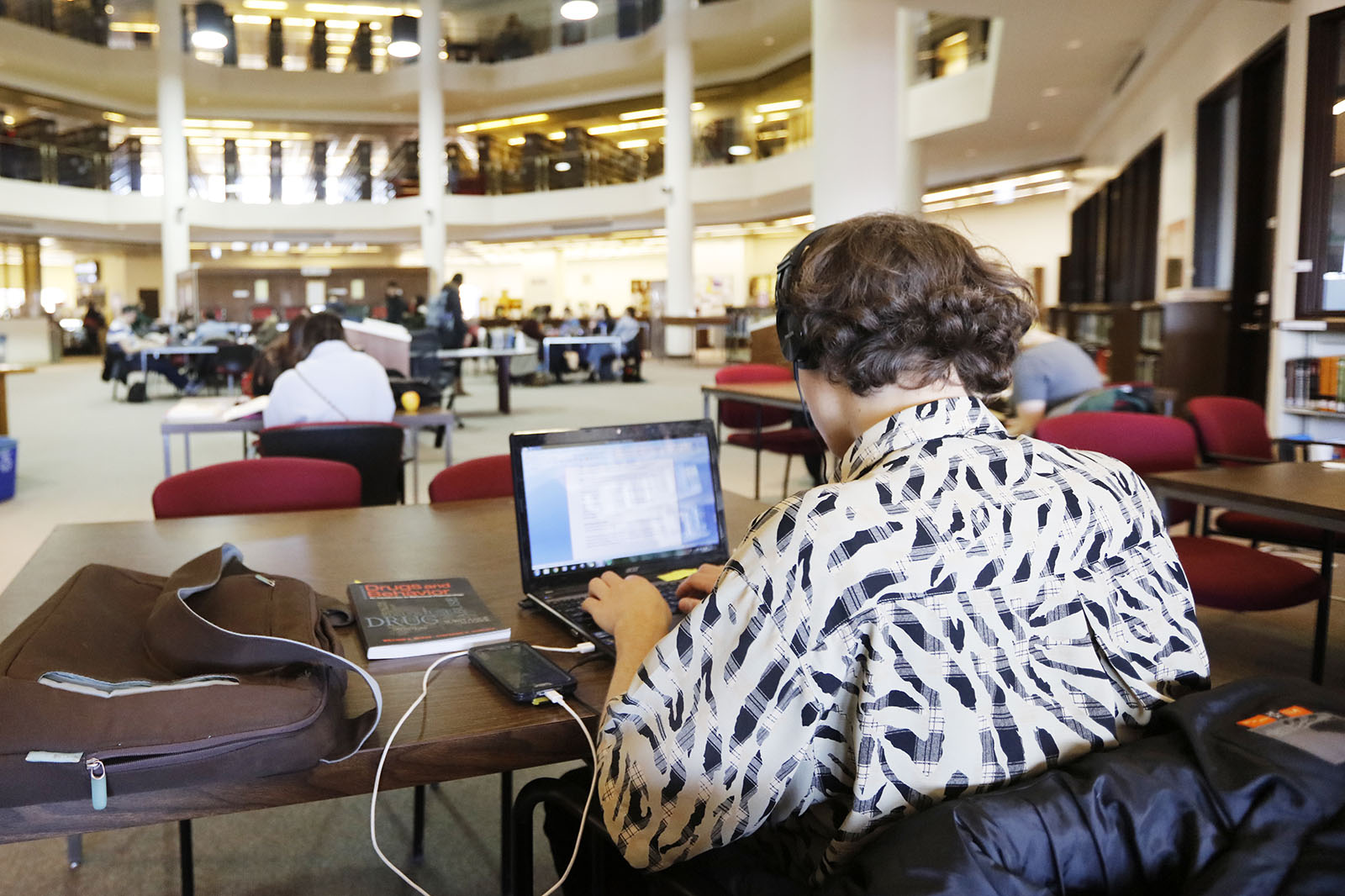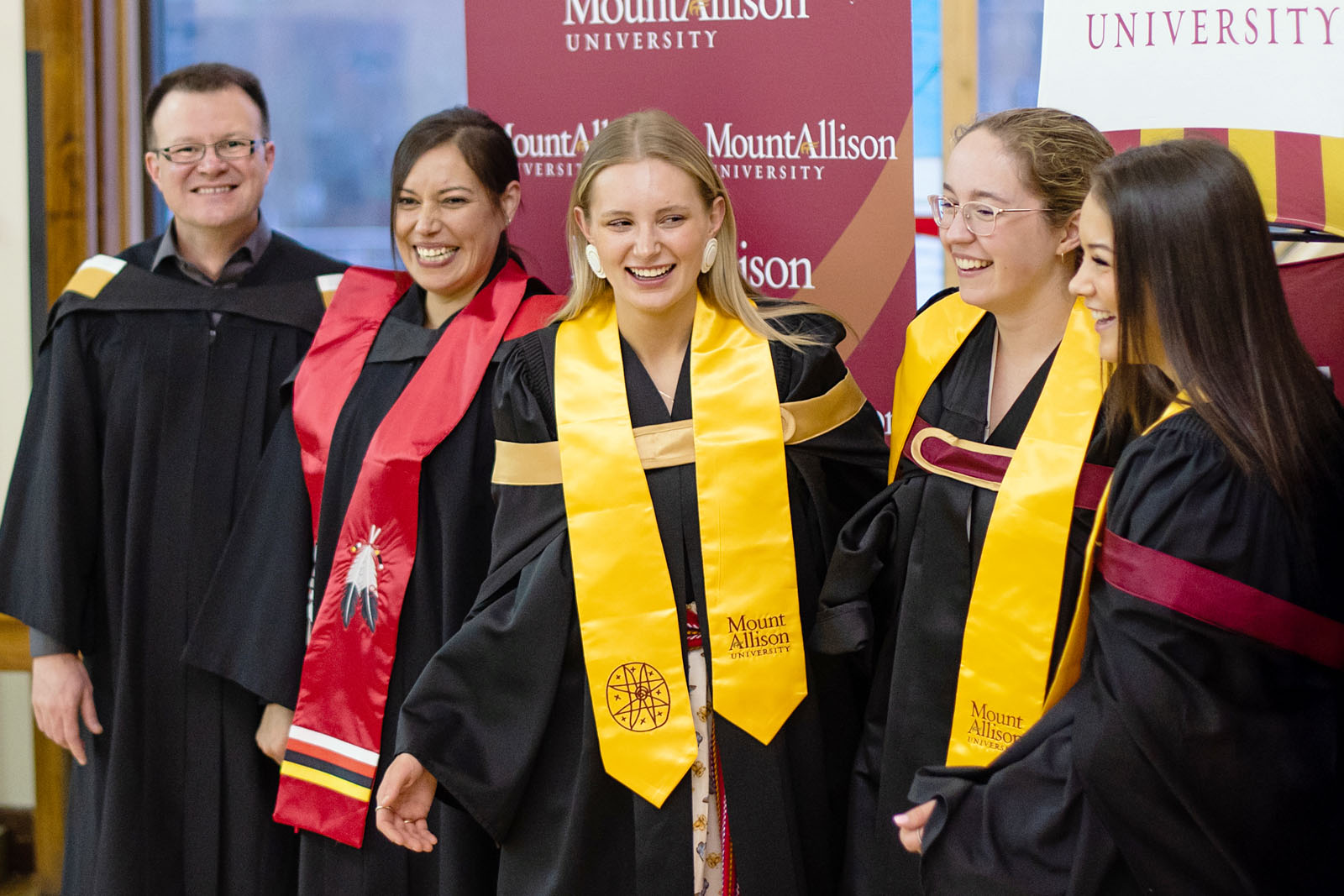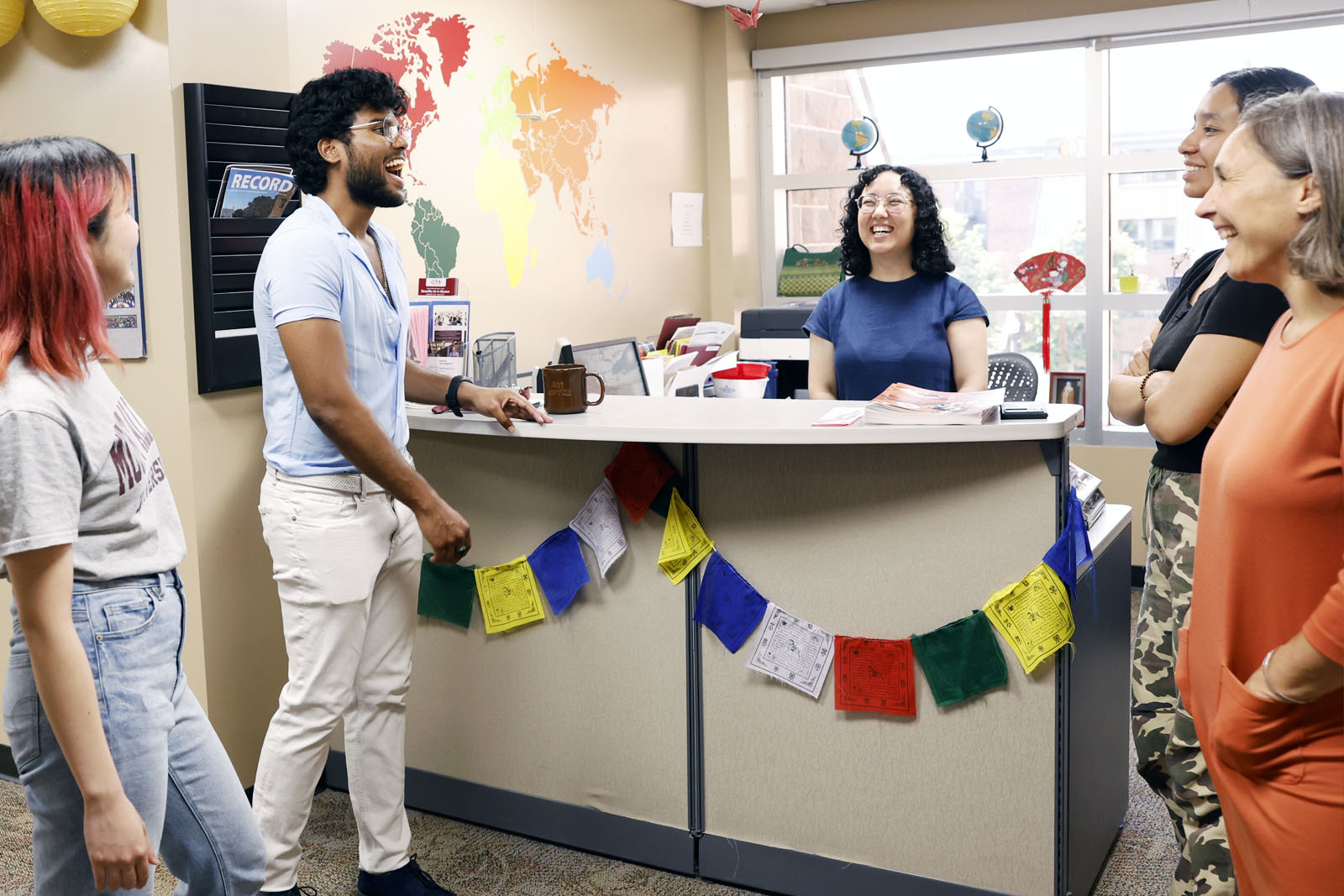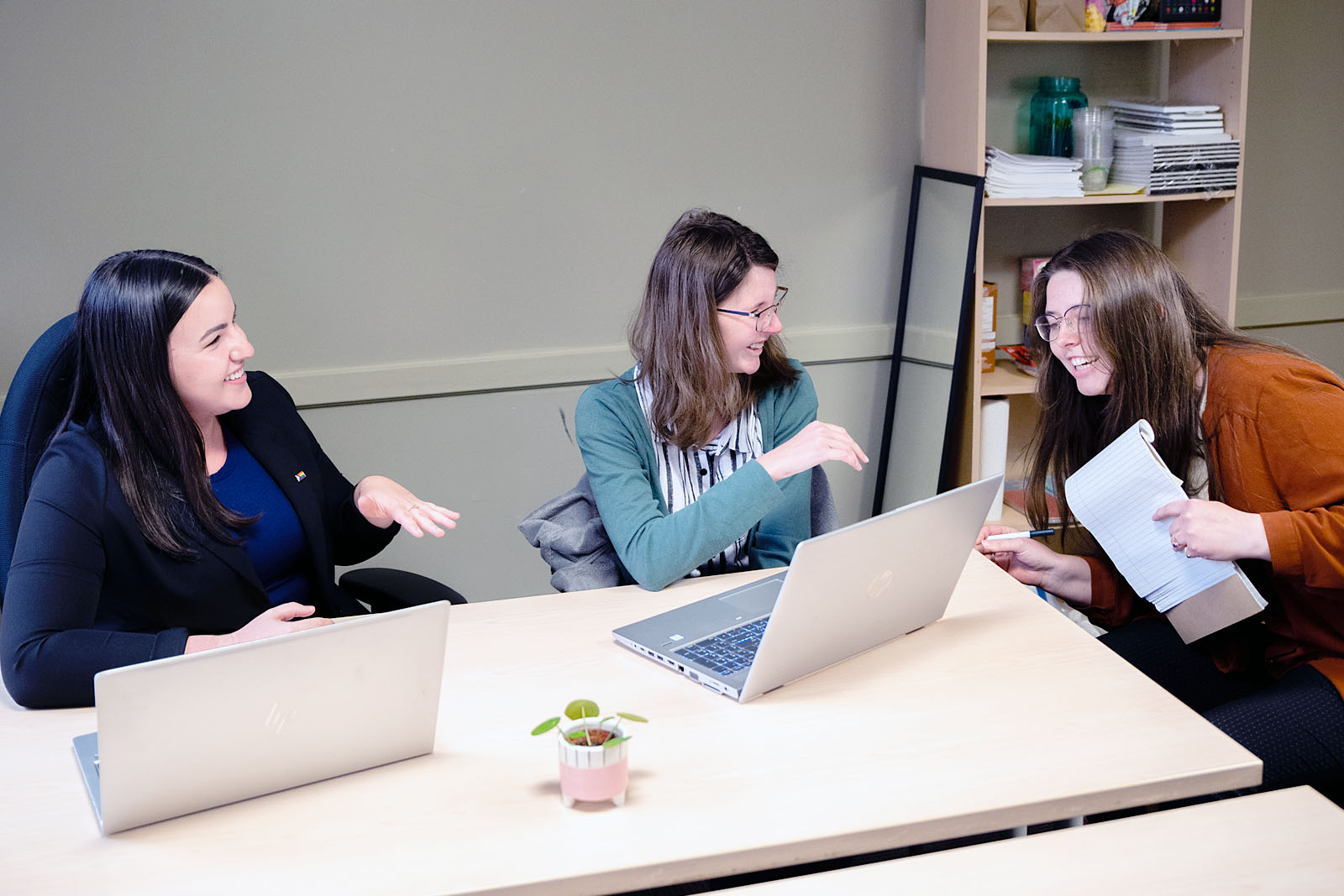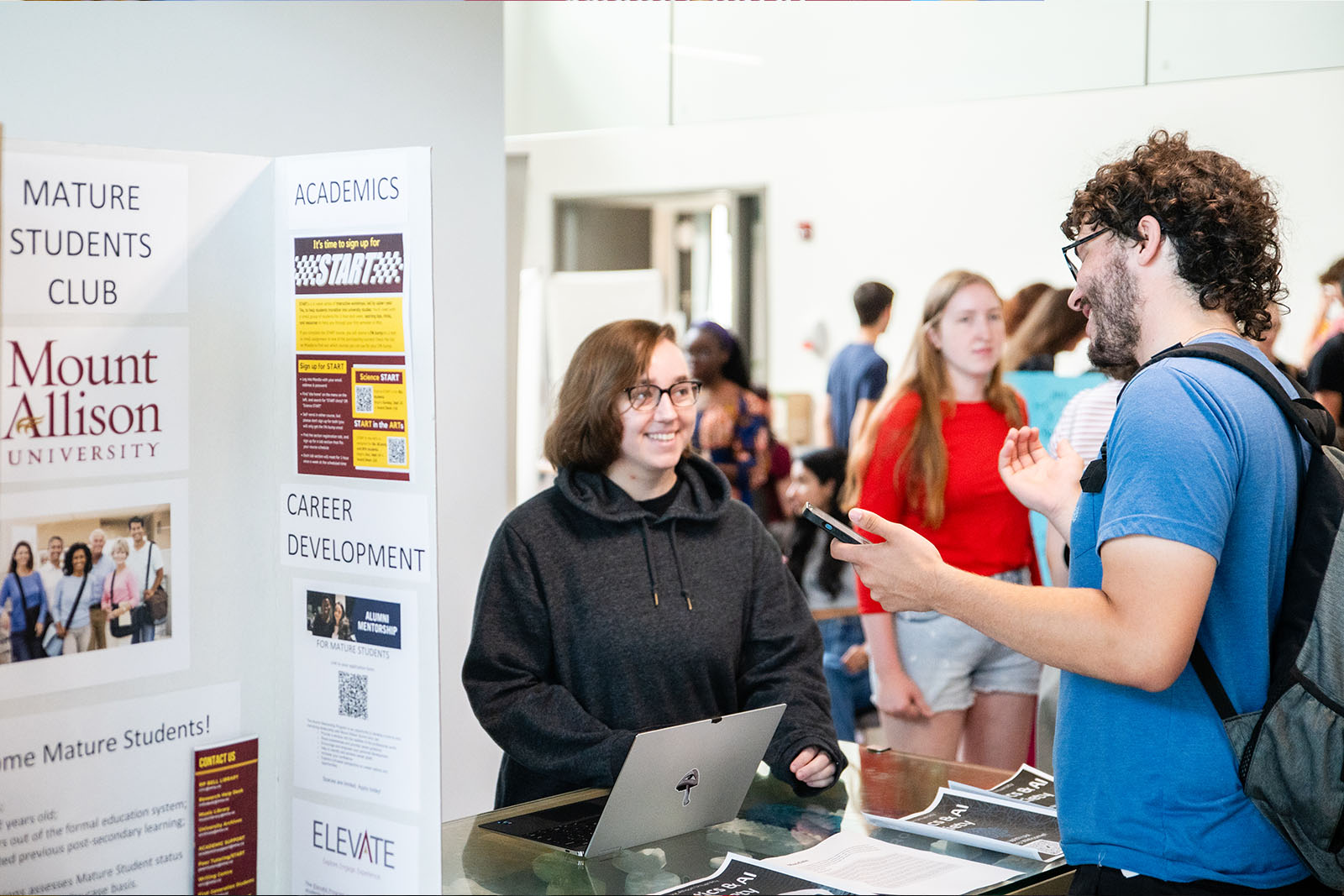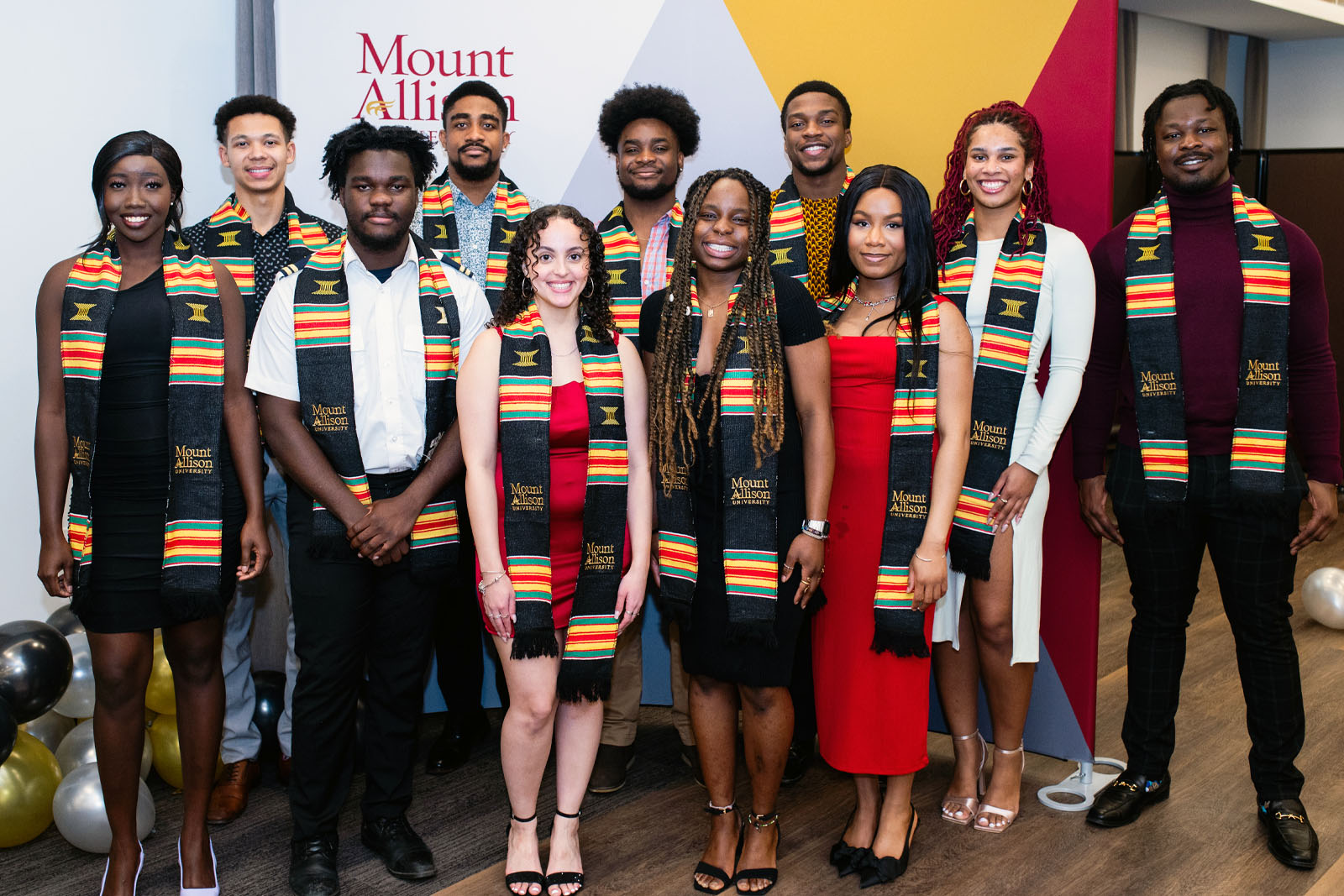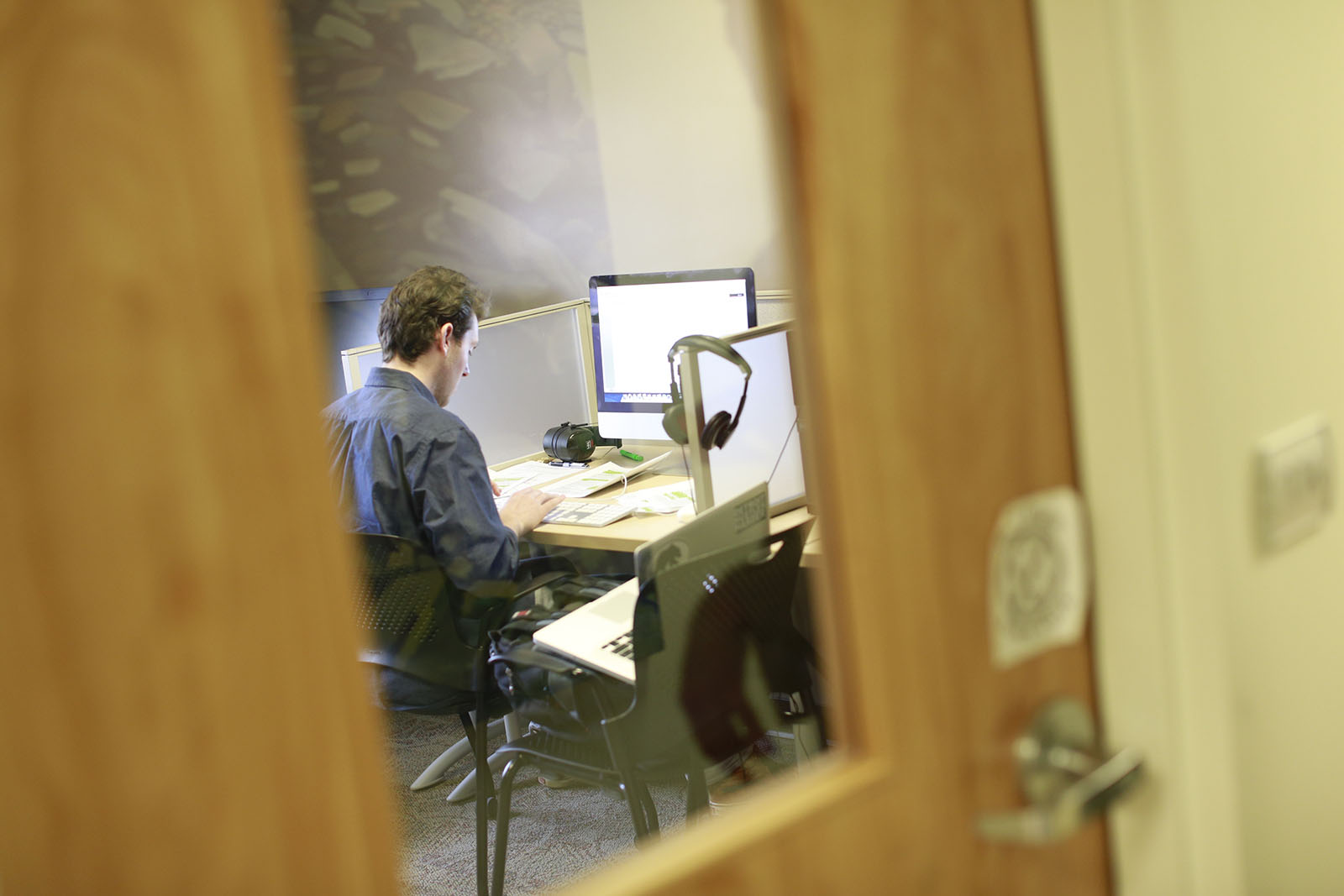Welcome to Mount Allison!
Here are some things to help you get started on your Mount Allison experience. Our staff and students are here to support you every step of the way.
Have you just recently been admitted? Make sure to complete the admissions process by accepting your offer of admission and paying your deposits. Visit admitted students for complete details.
Before you arrive

Check your @mta email
Check your Mount Allison e-mail regularly — this is how we communicate important information to you.
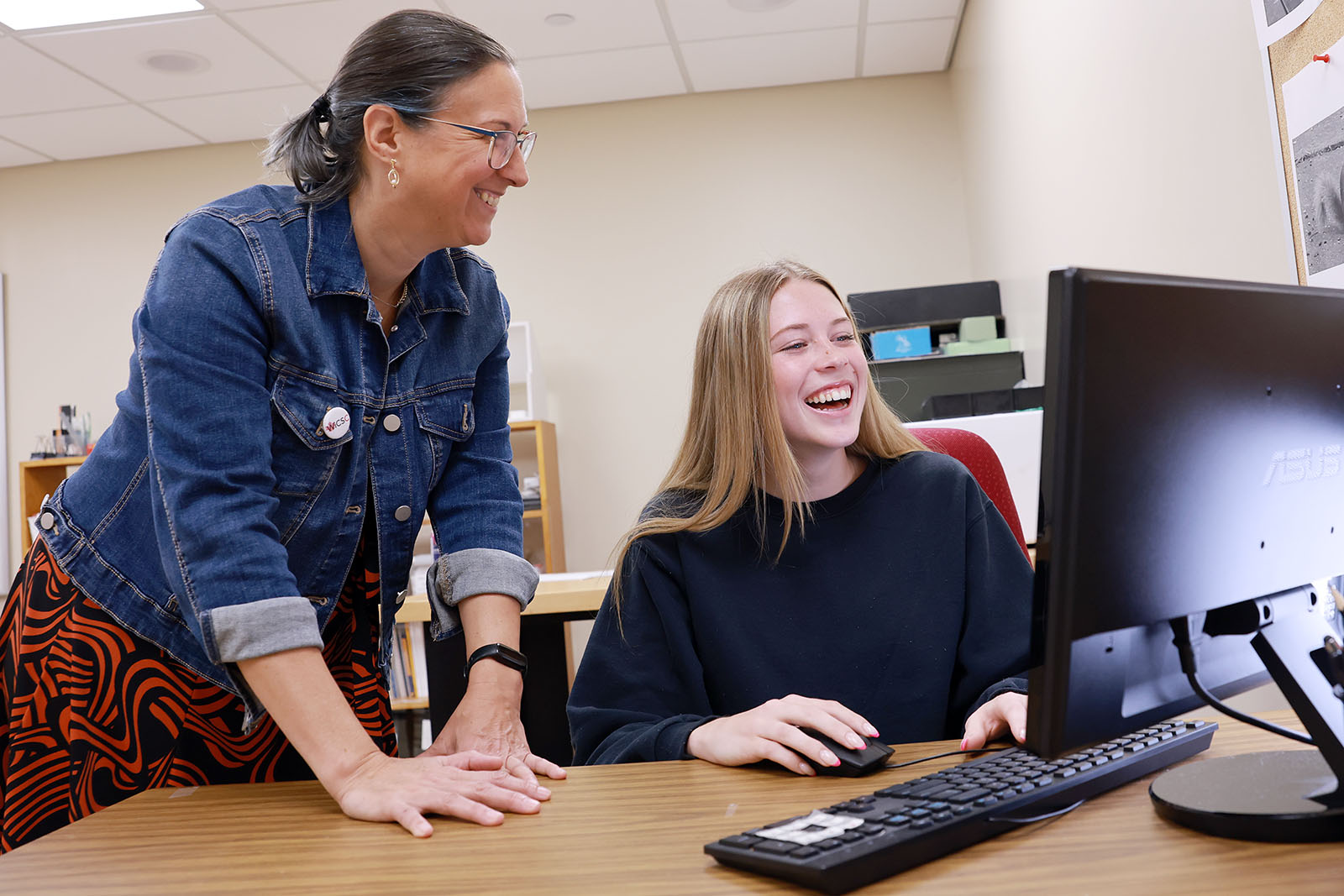
Register for courses
RegHelp for new students has step-by-step guides on how to choose your courses, and how to register.
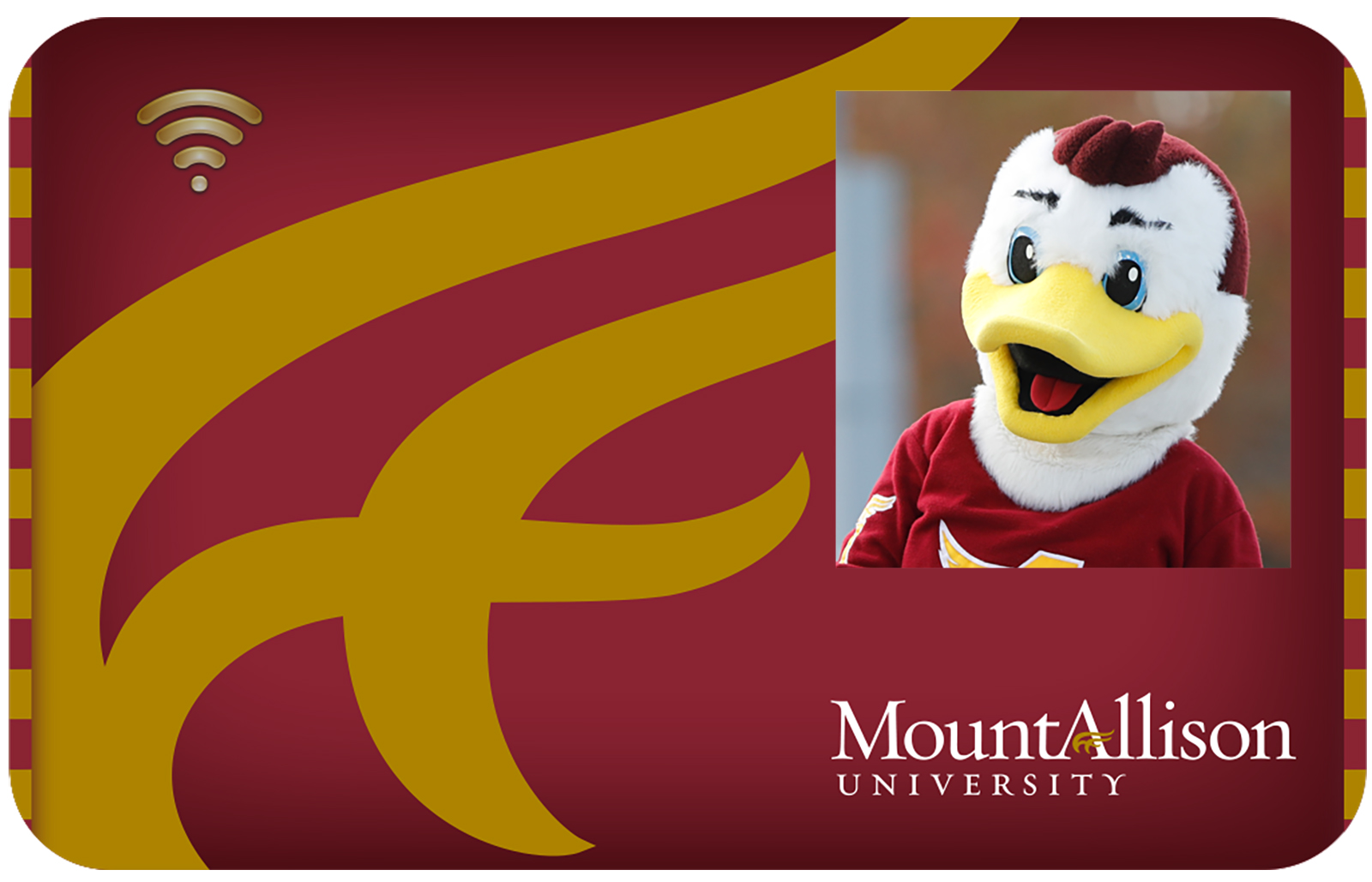
Upload your info for your student ID
Upload your information and photo for your campus card, serving as your student ID (and more!), before you arrive.

Register for Orientation
Your official journey to Mount Allison will begin with Orientation Week. There's something for everyone!
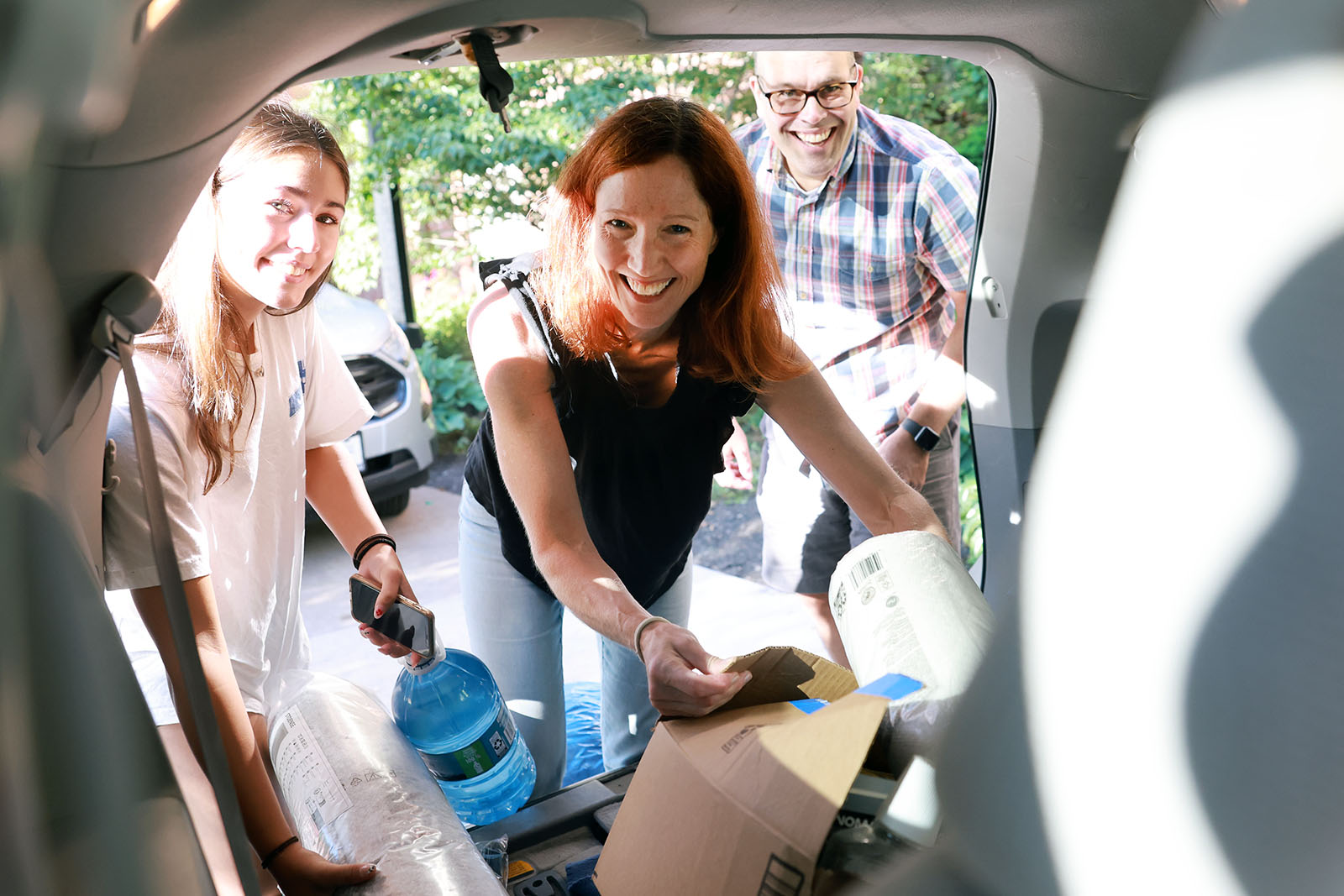
Prepare to move in
Find out exactly what to expect, how to get here, where to go, and what to do on your first day in residence.
Your first few weeks
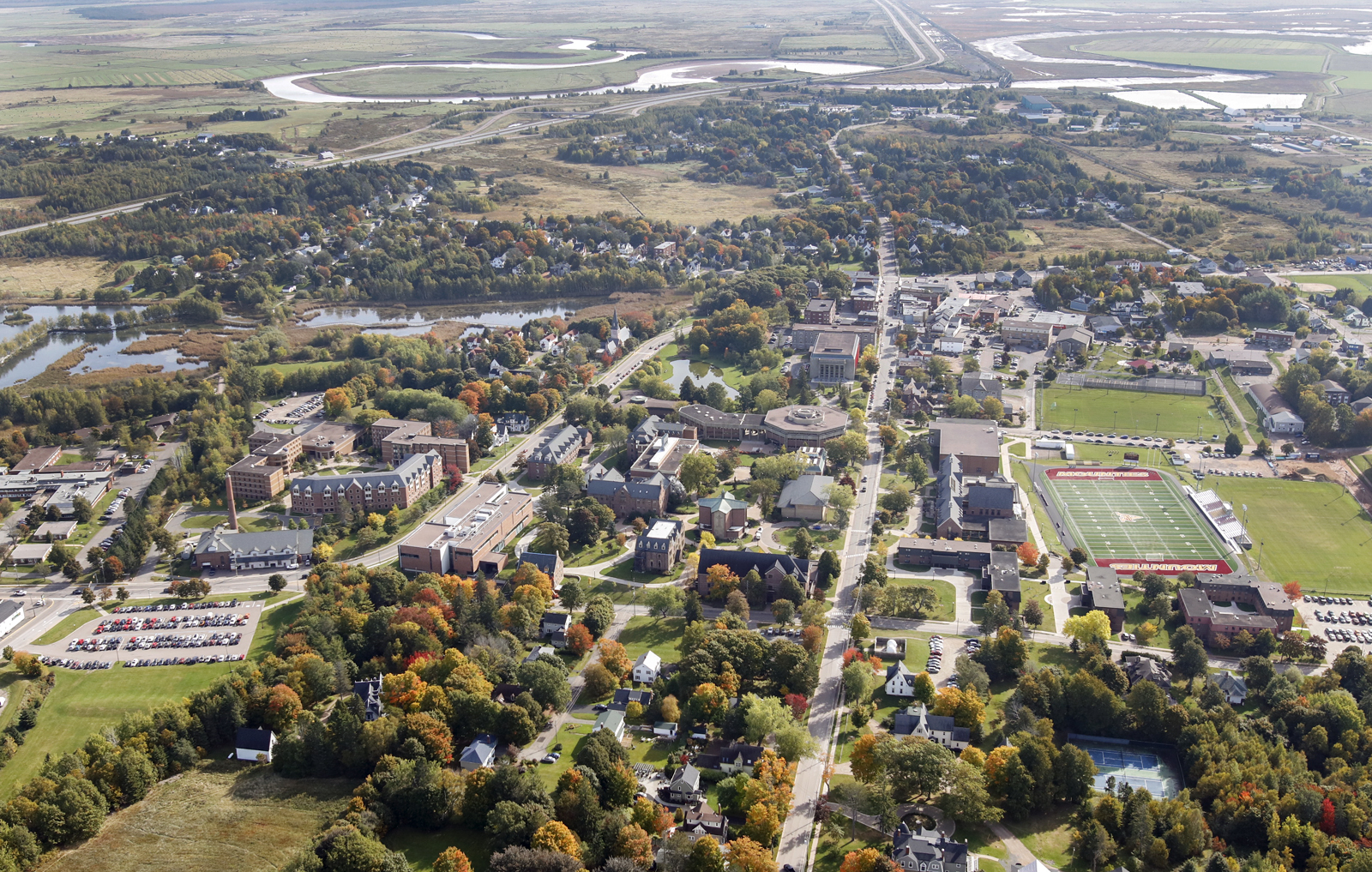
Find your way around
Visit our interactive campus map to see photos and descriptions of all our buildings.
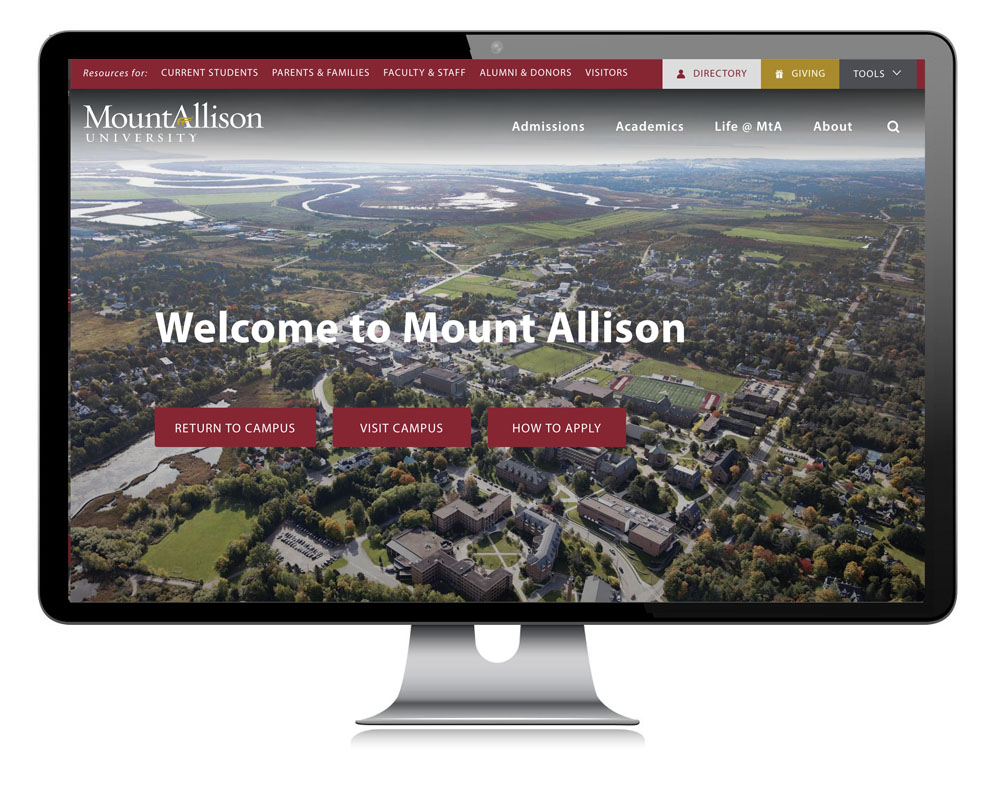
Explore the current students landing page
Our landing page for current students gathers all student-focused supports and services to support you throughout your degree.
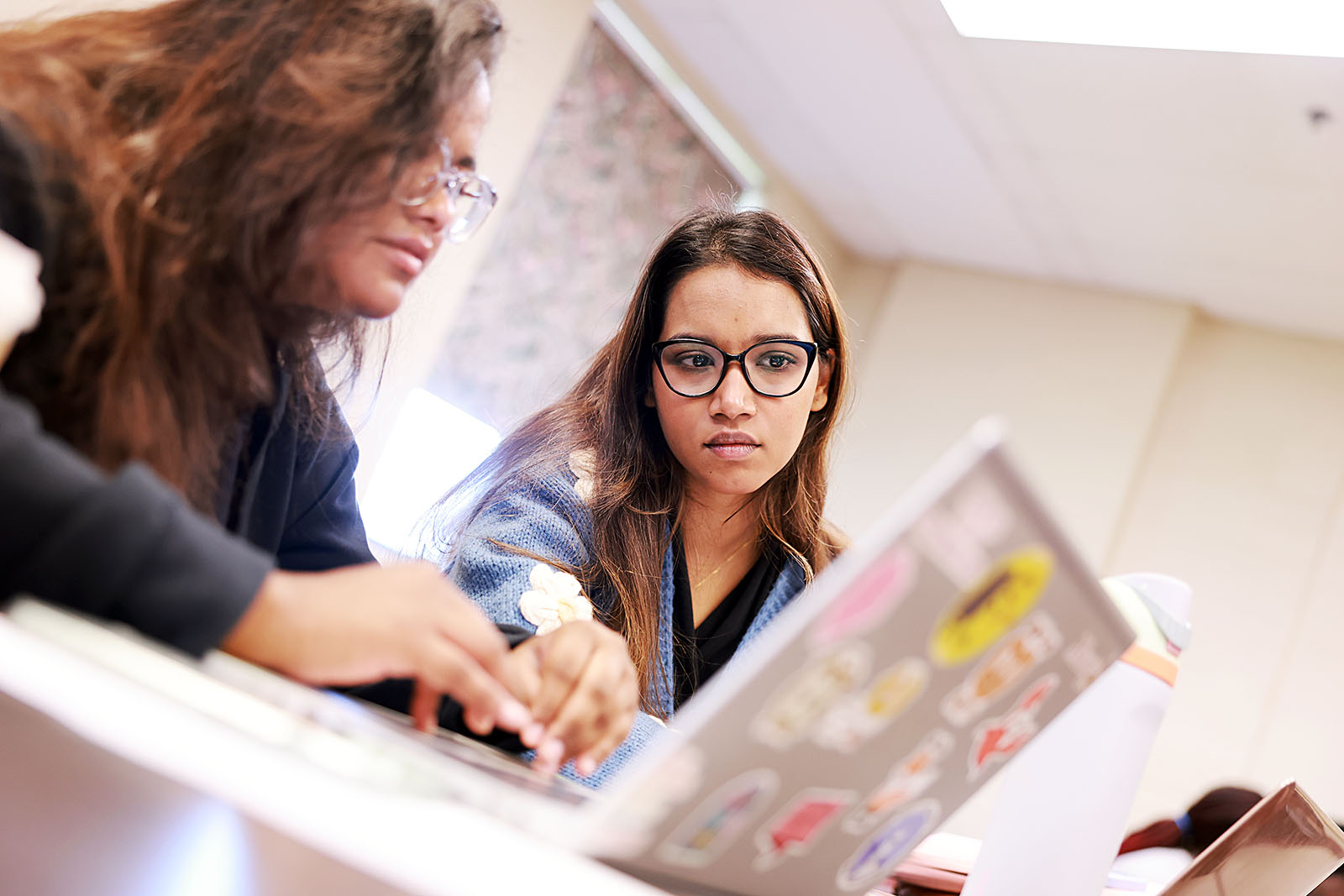
Pay your tuition and fees
There are different types of fees and they need to be paid by specific dates to ensure you are enrolled and able to access services.

Attend the Clubs & Societies Fair
Explore what student-led groups are available and sign up on the spot.
MtA terms you should know
SERVICES AND PLACES
Books on Beds
Offered in the month leading up to the start of each term, books on beds allows you to order your books before you arrive and have them delivered to your residence room.
Computing Services (CSD)
Computing Services provides information technology resources. They are able to help with campus computers and printers, e-mail accounts, and residence telephones and networking.
Self Service
Self Service is Mount Allison's information service for students. Here you can access your personal profile (e.g. address, contact information), academic profile (e.g. transcripts, grades), financial information, personalized timetable, and exam schedules. Self Service is also used to register for courses. You can also use Self Service to produce an official confirmation of enrollment letter, and request a preferred first name change.
Downtown
A five minute walk from campus, downtown Sackville is home to restaurants and cafes, locally-owned boutique stores, and a weekly farmers market.
Experience MtA
Operated by the office of Experiential Learning and Career Development, Experience MtA is an online job bank regularly updated with student internships and job opportunities.
Garlic fingers
A Maritimes favourite, garlic fingers are a must-try at any of the pizza places around Sackville!
Intramurals
Run by the Athletics and Recreation department, the intramurals program features a variety of sports open to all students, regardless of experience or skill level.
Moodle
Moodle is an online platform that connects students to their professors. Professors post relevant items like the course syllabus, assignments, course readings, and so on. Moodle is also used to book appointments for some student services such as the Writing Resource Centre!
Mount Allison Students’ Union (MASU)
Also known as the MASU, the Mount Allison Students’ Union represents full-time and part-time students at Mount Allison. Managed and governed by students, the MASU oversees over 110+ clubs and societies, health and dental plans for domestic and international students, and runs several events and services through the year. Students are able to contact the MASU through their website or by visiting the MASU offices located on the first floor of the Wallace McCain Student Centre.
Mountie Money
Mountie Money is cash loaded onto a student card. It can be used to pay for meals on campus, printing and copying, library fees, and purchases at the bookstore. Mountie Money can be loaded at the bookstore, at the ATM loader in the library, and online at mountiemoney.mta.ca/
Northside
Covers the ‘northside’ of campus and includes Jennings Dining Hall, Harper Hall, Campbell Hall, and Windsor Hall.
Southside
Covers the ‘southside’ of campus and includes the Hunton House, Bigelow House, Bennett House, Edwards House, and Thornton House residences. The Wallace McCain Student Centre and Athletic Centre can also be found on southside.
Academic Quad (Quad)
Located between the Northside and Southside, the academic quad is home to the R. P. Bell Library, the M.Y. Bell Conservatory of Music, lecture halls, classes, and research labs. The academic quad also includes the Bennett Building, the home of the Computing Services department.
COMMON ABBREVIATIONS
- Sack: Sackville
- Con Hall: Convocation Hall
- A.C.: Athletic Centre
- Stud or WMSC: Wallace McCain Student Centre
- Lib: R.P. Bell Library
- PCCA or Purd: Purdy Crawford Centre for the Arts
- Meal Hall: Jennings Dining Hall
- O-Week: Orientation Week
- O-Crew: Orientation Crew
- O-Group: Orientation Group
- HOCO: Homecoming
- FCB: First Class Bash
- LCB: Last Class Bash
- TA: Teaching Assistant
ACADEMIC TERMS
Academic calendar
The academic calendar is a comprehensive guide to all degrees, programs and courses at Mount Allison University. It outlines academic requirements, and University policies and procedures. The calendar can be found at mta.ca/calendar.
Lab/tutorial
A lab/tutorial is an additional mandatory session (normally one per week) outside of the regular class time which primarily serves to divide the class into smaller groups for more focused instruction, different types of course work or group discussion. Use the academic timetable to determine if a course has a lab or tutorial.
Program
Program means a series of courses, the completion of which, if the other requirements are met, qualifies you for a degree, diploma, or certificate.
Major
A major is the subject in which you select to do 60 or more credits as required by the program you are attempting to complete. A major is your primary area of specialization.
Minor
A minor is the subject in addition to the major, in which you complete 24 credits according to specific departmental regulations. A minor is a secondary area of specialization. Or, in the case of a general degree, a student may complete three minors in lieu of a major and a minor.
Full-time
A full-time student is a student enrolled in the equivalent of nine or more credits per term.
Tip! For a glossary and step-by-step guide to course registration, visit RegHelp for new students.
Prepare for your classes
Tips for success!
The transition to university is a critical period. Follow these tips for academic success.
- Choose your courses and complete your registration as early as possible.
- Attend all classes and listen to the professor. Simple but key.
- Take good notes and review them regularly. Study over time!
- Complete all of your assigned readings. Underline key words and take notes.
- Try to get involved in any class discussions and ask questions if you don’t understand something. You will learn more when you engage in discussions — even as an active listener. Discuss ideas with other students outside of class as well.
- Treat school like a full-time job. Spend 40 hours a week attending classes, studying, and completing projects and papers. Start early and do this from day one — the work piles up quickly.
- Use a term calendar and/or agenda to keep track of all tests, assignments, projects and exams. Time management is key. Schedule in social activities, breaks and rest time too!
- Study during daylight hours in a distraction-free zone. Your bed is for sleeping, not for school work!
- Be realistic. This isn’t high school — expectations and workload are higher, and it’s normal for grades to slip a bit at first. Be kind to yourself and use this opportunity to learn better study habits. Don't be discouraged!
- Speak with your professors — they want to help you learn. Many new students are apprehensive about approaching their professors, but will actually find that most of them are pleasant and accommodating. If you have a problem pertaining to any course, start by emailing or speaking to the professor.
- Get to know the librarians! They are great resource when researching and writing essays.
- Meet with your academic mentor in residence. All residences have academic mentors — other students who are available to assist you with study skills, time management, organizational skills, etc., and can direct you to other resources on campus.
- Take advantage of the opportunity to meet with an academic advisor.
- Get a tutor if you need one. The academic peer tutor program recruits exceptional students from all disciplines to tutor fellow students in course content.
- Familiarize yourself with the services, resources, and people that are available on campus. Ask for help if you need it. There is always somewhere on campus you can go for assistance. Explore our resources for academic assistance and our supports for health and wellness.
- Check your Mount Allison email account frequently — this is an official means of communication from the University, and you will receive important information about exams, registration, financial deadlines, etc.
Your first year
Every student needs a little extra guidance from time to time and Mount Allison faculty and staff are here to help you succeed!
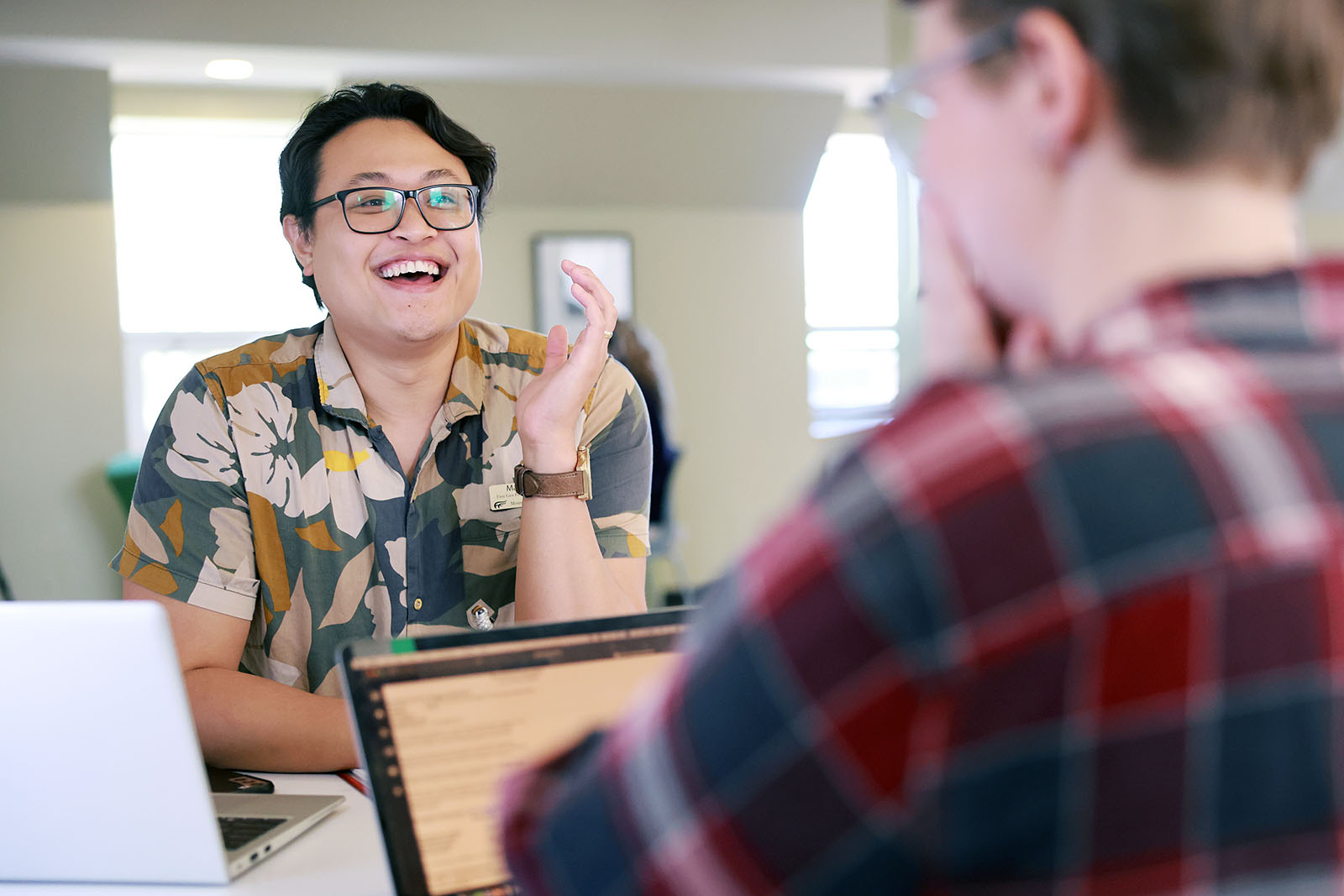
Student Success Guides — one connection for every resource
Student Success Guides are your first point of contact for navigating life at Mount Allison. We check in with you each semester, answer questions year-round, and connect you with the right resources, whether it’s academic advising, career services, wellness, financial aid, or student life opportunities.
Our role is to make sure you know what’s available and help you access support you need to thrive from your first year to graduation.
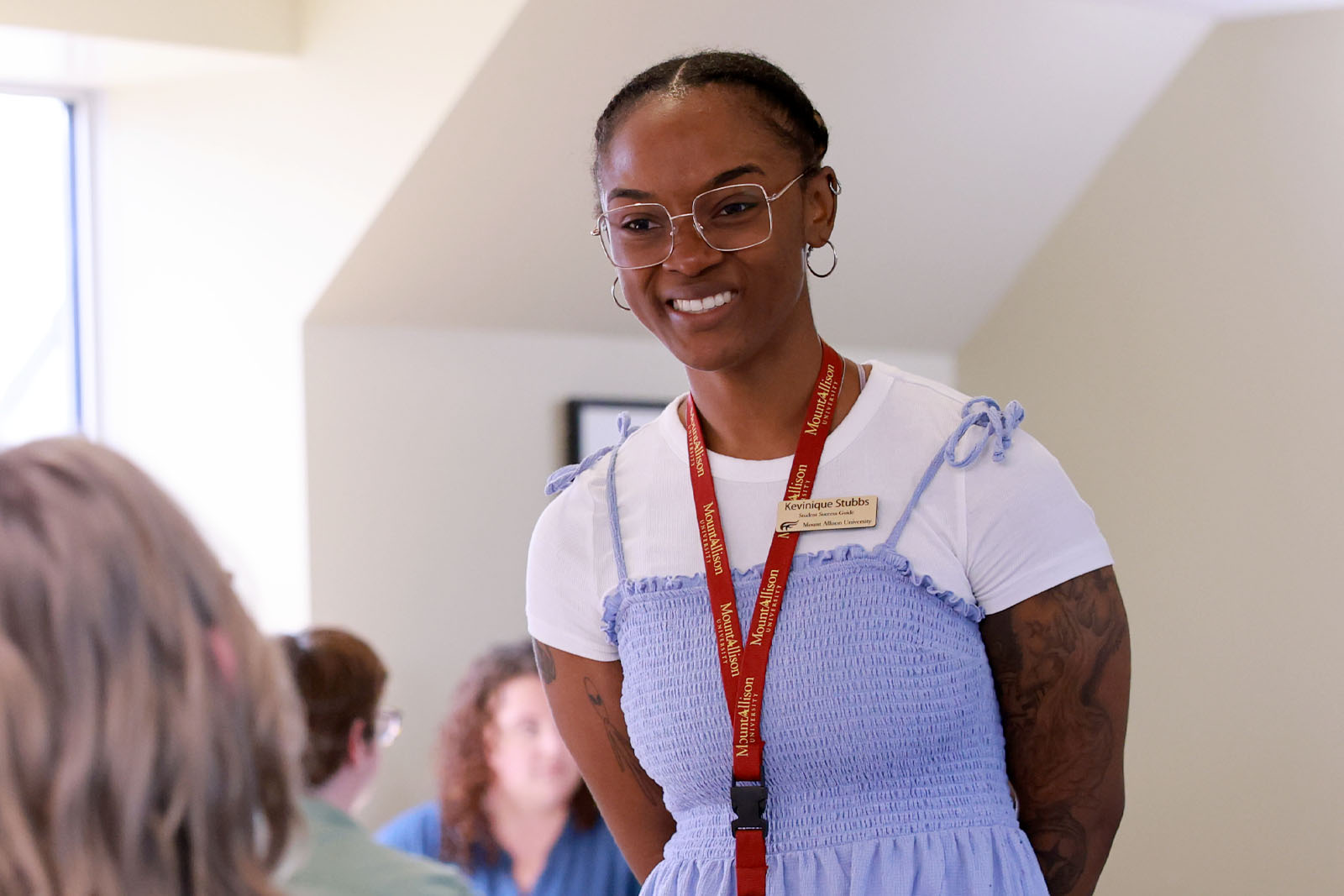
Kevinique Stubbs, Student Success Guide
» Book an appointment with Kevinique
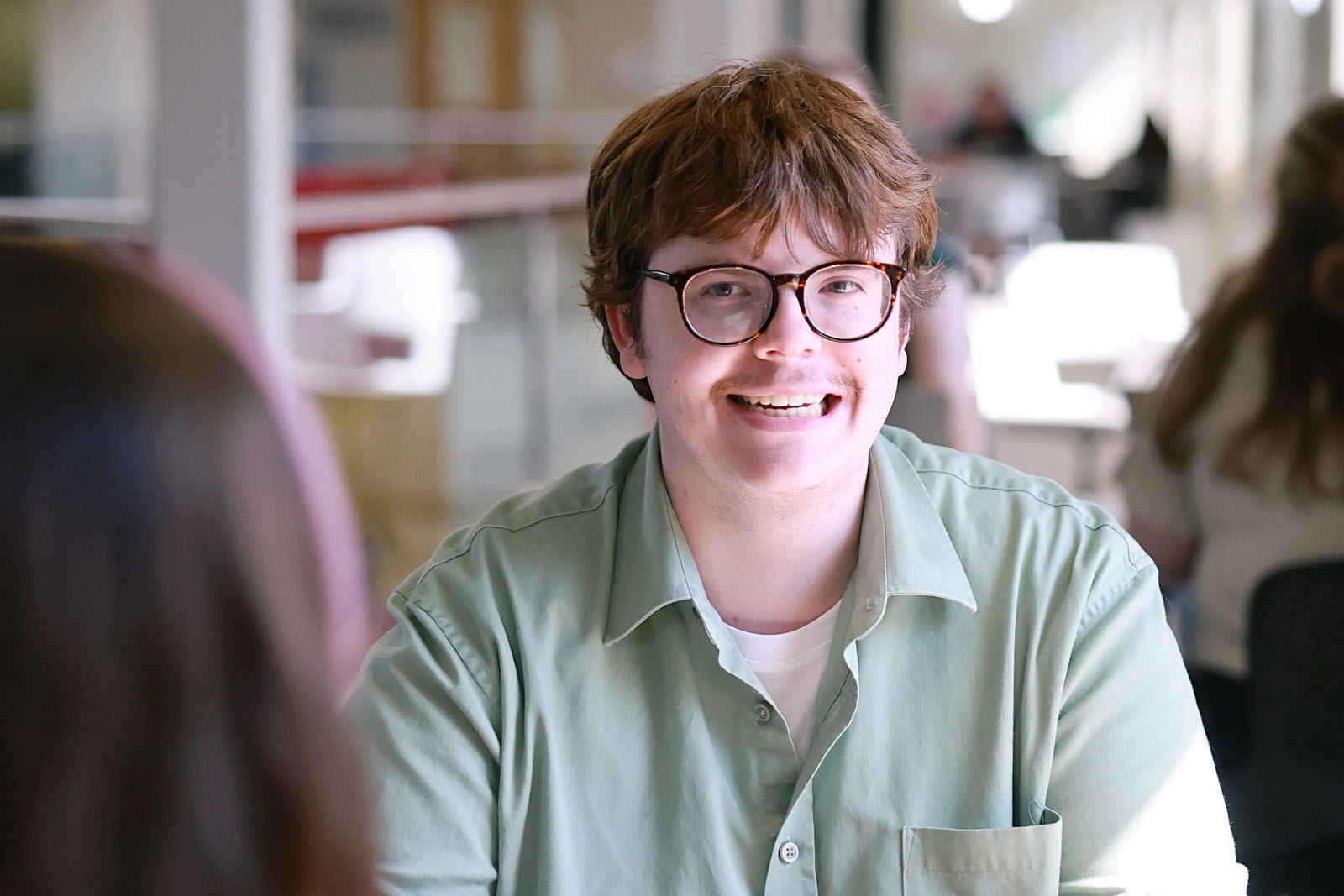
Jacob McKiel, Student Success Guide
» Book an appointment with Jacob
When to reach out:
- When you are not sure who to ask or where to go
- When you're feeling overwhelmed, stuck, or lost on campus
- When you're curious about opportunities or supports on campus
How to reach out:
- Wallace McCain Student Centre, First Floor, Room 125
- successguides@mta.ca
- Book an appointment (see above)
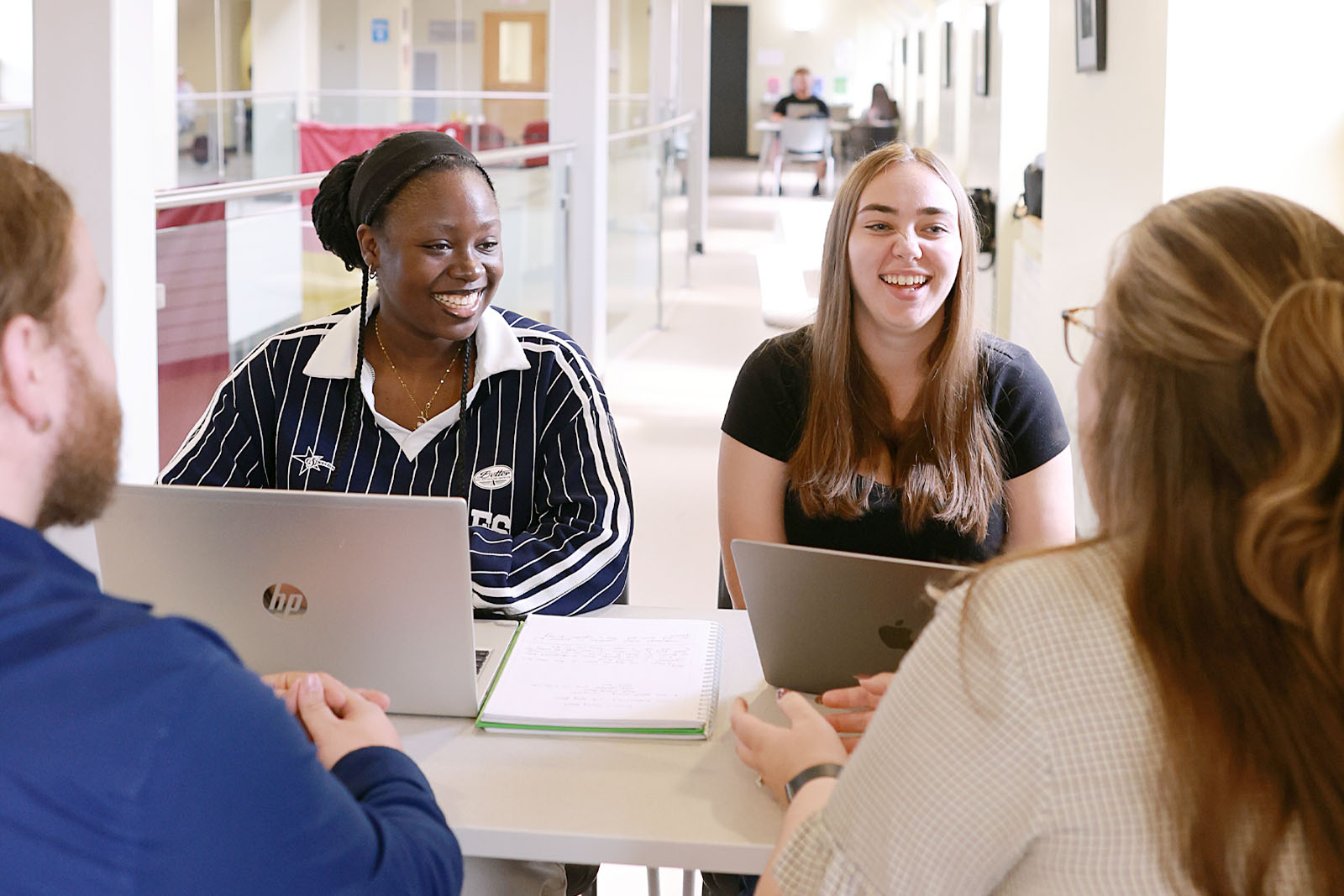
Student supports
We offer many different services to support your mental, physical, and spiritual well-being.
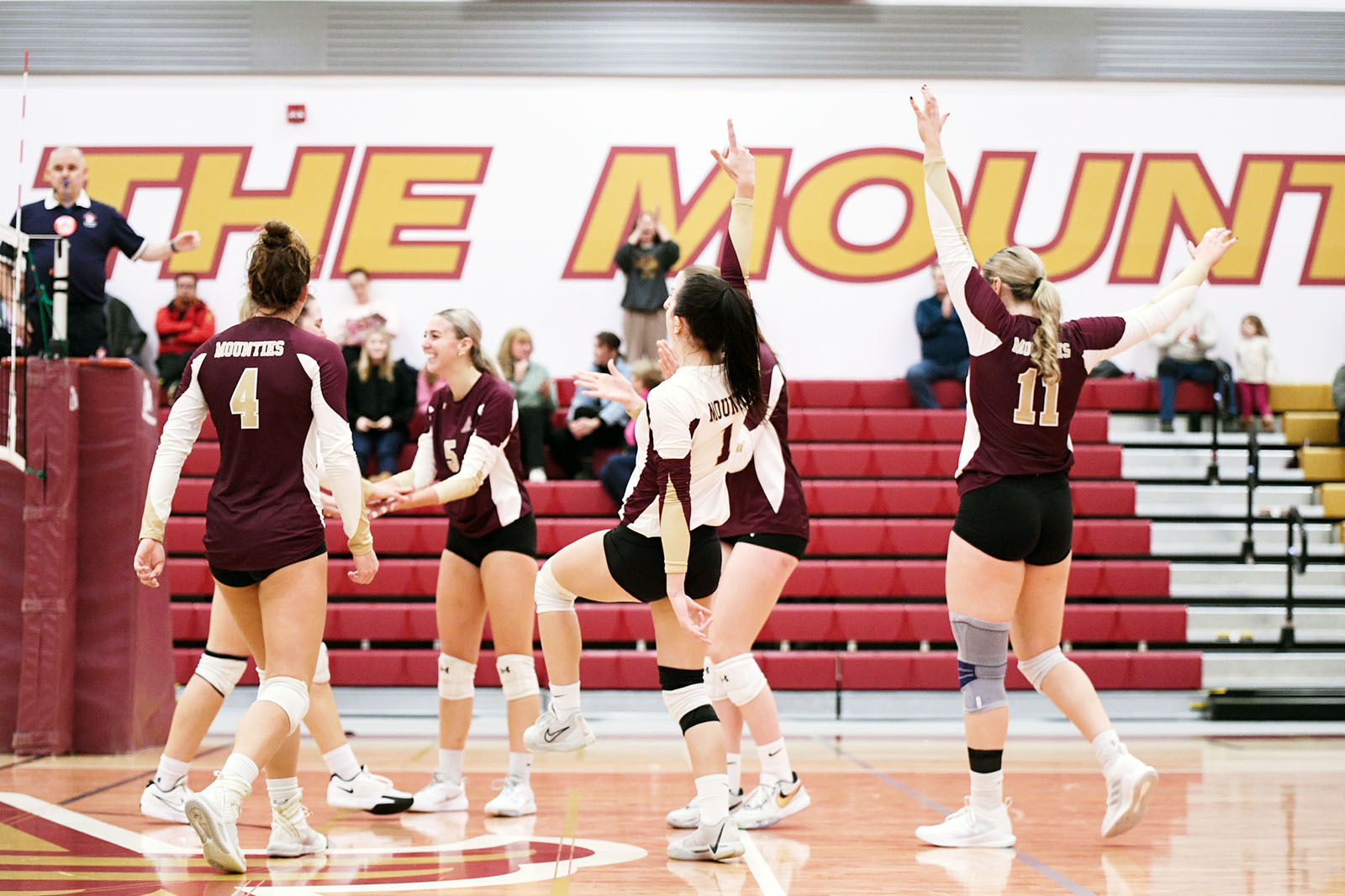
Get involved
There's so much to do at MtA! Take advantage of all Mount Allison has to offer.


